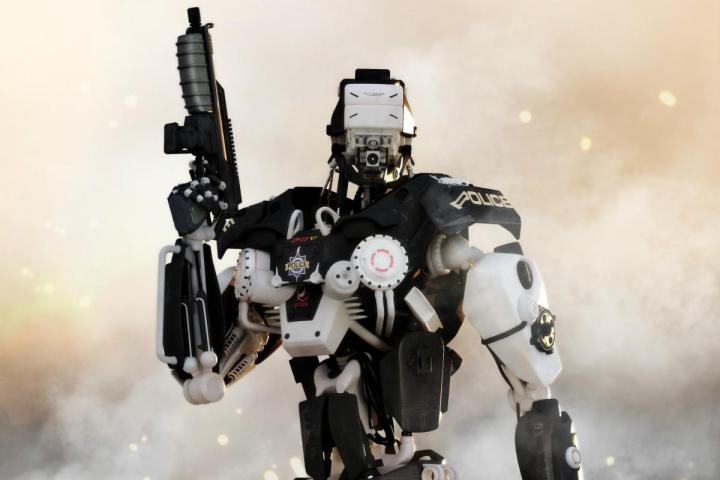
Your expendability as an employee is determined by four key factors — the need for “clever” (read: creative) solutions, the need to “personally help others,” the need to negotiate, and the need for space. The more important each of these components are to a job, the less likely you are to be fired for a machine. For example, NPR found that the most difficult job to be adequately completed by a robot was mental health and substance abuse social workers, who have only a 0.3 percent chance of becoming obsolete. Unsurprisingly, it is the need for interpersonal skills, flexibility, and negotiation that makes it hard for robots to do effectively. On the other hand, telemarketers have a 99 percent chance of losing their jobs to computers, as there is little need to personally help others, little need for clever solutions, a less than average need for negotiation, and a relatively large need to squeeze into small spaces.
Ironically, the jobs that parents tend to steer their children away from (think actors, musicians, writers, and artists as a whole), have the greatest relative job security by this metric. An actor, according to NPR, has only a 37.4 percent chance of being automated, and writers and authors run only a 3.8 percent risk. Choreographers also fall at the bottom of the spectrum, with only a 0.4 percent chance of being replaced by machines. After all, a computer can’t tell Beyonce how to move.
Interestingly enough, whereas lawyers have only a 3.5 percent chance of being replaced, judges, those bastions of impartiality and justice, may be better off as machines — they have a 40.1 percent chance of being automated away.
So in addition to all the other aspects you should consider when choosing a career path, here’s one more thing to keep in mind — how much better are you at your job than a computer would be?


